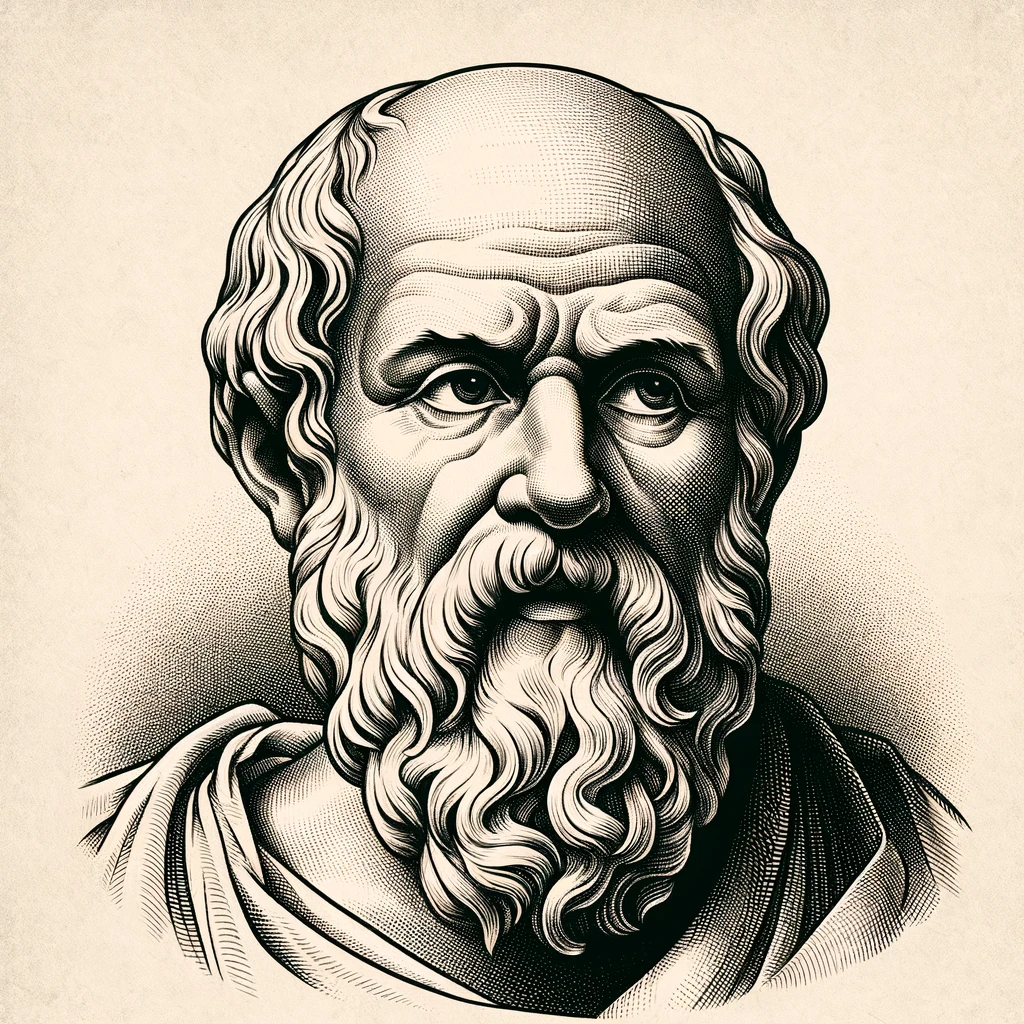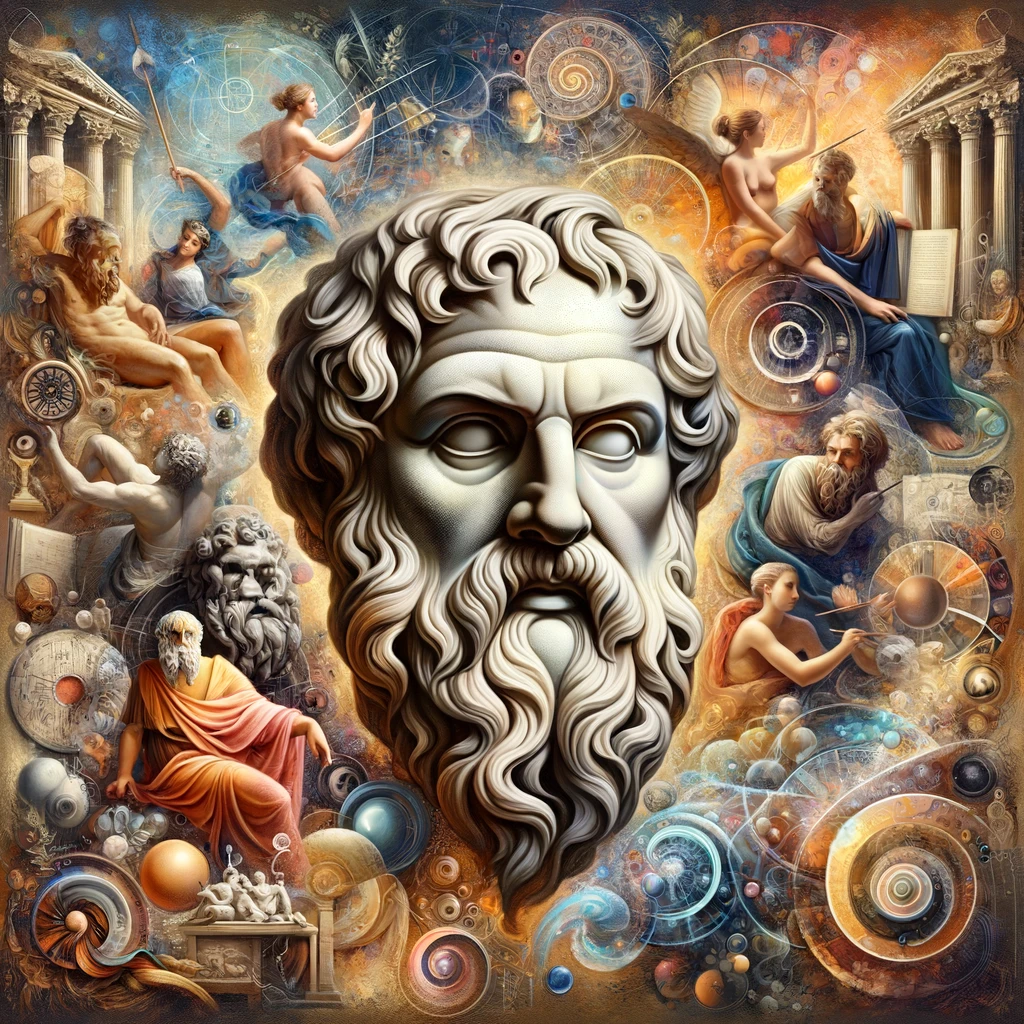More than two millennia after his death, Socrates remains a towering figure in Western philosophy. His method of inquiry, his commitment to truth, and his unwavering pursuit of virtue have transcended the confines of his Athenian context to influence countless generations. Socrates left no written works, but through the accounts of his students, especially Plato, his ideas have ignited the flame of philosophical inquiry across ages. This blog post explores the enduring legacy of Socrates and how his teachings have shaped subsequent philosophers and the broader trajectory of Western thought.
Socrates’ Philosophical Foundations
Socrates’ quest was driven by a simple, yet profound question: “How should we live?” This inquiry led him to develop the Socratic Method, a form of dialectical questioning aimed at achieving clarity and dispelling ignorance. Socrates believed in the inherent value of self-examination and in the pursuit of wisdom as the highest good. His focus on ethical living and his skepticism of perceived knowledge laid the groundwork for centuries of philosophical debate.
Influence on Plato and the Foundation of Western Philosophy
Plato, Socrates’ most illustrious student, was deeply influenced by his teacher’s execution, which he viewed as a grave injustice. Plato’s entire corpus can be seen as an extended reflection on Socratic thought, with dialogues often featuring Socrates as a central character. Through works like “The Republic,” “Phaedo,” and “Symposium,” Plato explored justice, beauty, love, and the soul, building upon and systematizing Socratic ideas. Plato’s Academy, the first institution of higher learning in the Western world, ensured that Socratic philosophy would continue to be taught and debated.
Aristotle and the Broadening of Socratic Inquiry
Aristotle, while a student of Plato’s Academy, diverged from his predecessors in significant ways, yet his work remains a testament to Socrates’ lasting influence. Aristotle’s emphasis on empirical observation and his categorization of knowledge expanded the scope of philosophical inquiry, laying the foundations for the natural sciences and formal logic. Despite these innovations, Aristotle shared Socrates’ concern with ethics and the good life, exploring these themes in his Nicomachean Ethics.
The Stoic Embrace of Socratic Virtue
The Stoic philosophers, beginning with Zeno of Citium, adopted and adapted Socratic ideas about virtue and wisdom. For the Stoics, living in accordance with reason and nature was the essence of a good life, a concept that echoes Socrates’ emphasis on virtue as the highest good. Stoicism’s emphasis on inner peace and resilience in the face of external circumstances reflects Socrates’ teachings on the importance of maintaining ethical integrity regardless of societal pressures.
Socrates’ Impact on Modern Thought
Socrates’ influence extends far beyond the ancient world. The Renaissance’s revival of classical learning, the Enlightenment’s emphasis on reason, and the existential questions posed by modern philosophers all bear the mark of Socratic thought. His commitment to questioning authority and challenging conventional wisdom continues to inspire those who seek to understand the human condition and the nature of reality.
Socrates’ legacy is not just a collection of doctrines but a living tradition of inquiry that challenges each generation anew. His life and ideas remain central to our understanding of philosophy, ethics, and the pursuit of knowledge. The echoes of Socrates’ voice, though originating in the Athenian agora, continue to resonate through time, shaping the contours of Western thought and inspiring the endless quest for wisdom.








